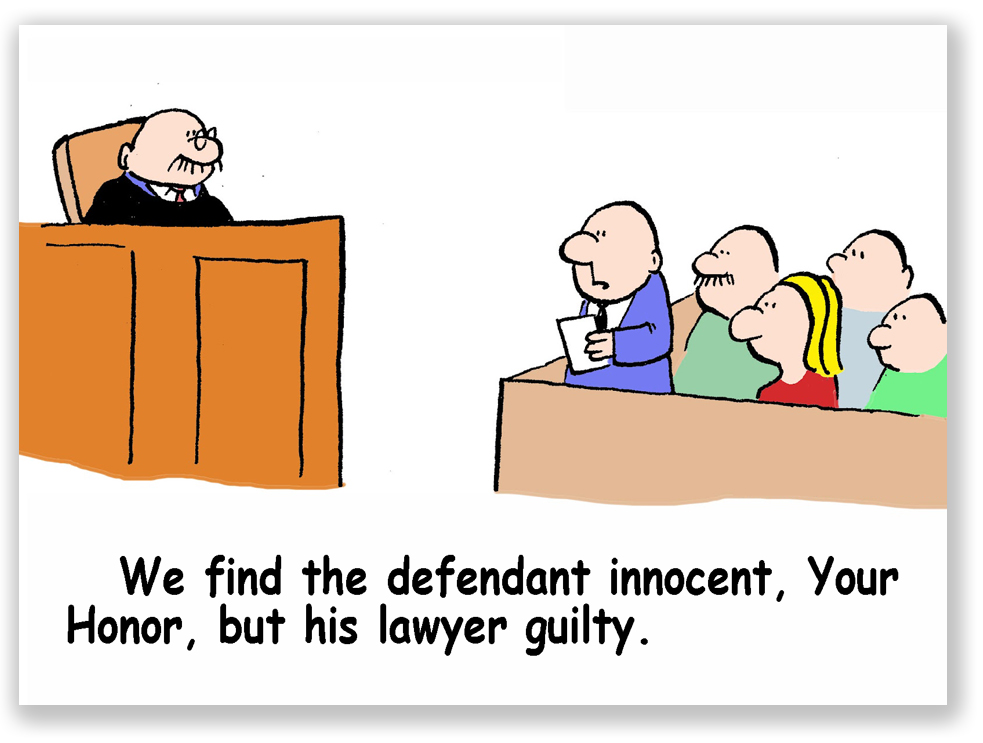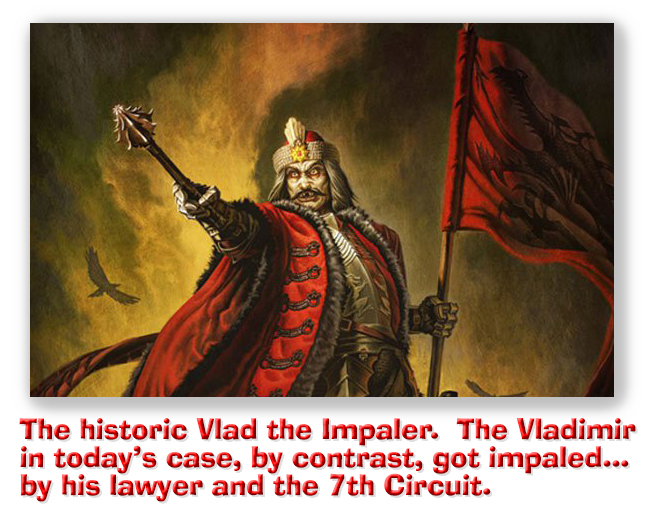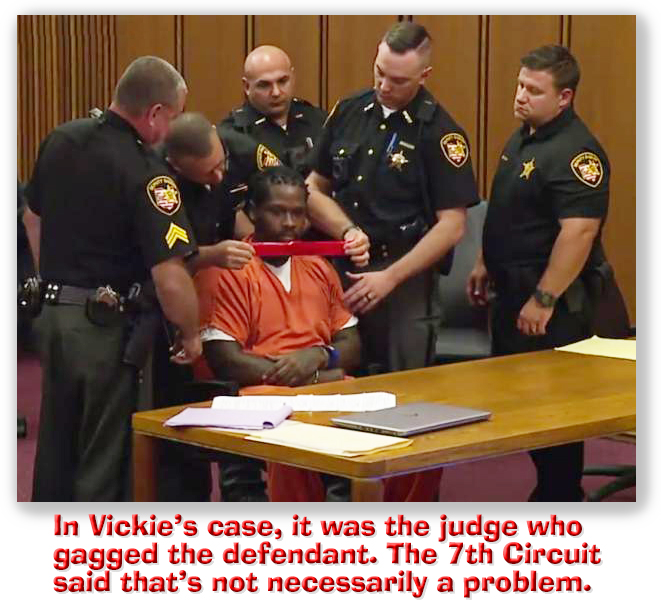We post news and comment on federal criminal justice issues, focused primarily on trial and post-conviction matters, legislative initiatives, and sentencing issues.

3RD CIRCUIT MUDDLES ANDERS BRIEF STANDARDS
Many prisoners have become belatedly familiar with the concept of the Anders brief, an appellate brief filed by an attorney looking to be relieved of further representation because he or she believes the defendant has no decent issues to raise. In the brief, which takes its name from the Supreme Court case Anders v. California, the attorney is expected to identify potential issues and explain while raising them would be frivolous.

If a defendant’s lawyer files an Anders brief, the defendant is entitled to file a pro se response, arguing that the issues have merit or that the attorney has missed other issues that are solid. If the appeals court accepts the Anders brief arguments, the appeal is dismissed. If the appeals court finds the Anders argument deficient, the defendant’s appeal will go forward, usually with a new attorney representing the prisoner.
I have never thought much of the Anders procedure. The notion that the attorney for the defense is arguing to an appellate court that his or her client’s appeal is meritless seems to me to be the very antithesis of zealous representation. Add to that the very real psychological aspect: the attorney has decided to bail from the case, meaning that the entire approach of the brief is to convince the court that the lawyer should be released rather than the client.
In law school, we were taught the difference between legal briefs and legal memoranda. A brief was used to argue that your client’s case should win. On the other hand, a memorandum was intended to be a dispassionate recitation of the facts and law, a document to be used in the office to assess the strengths and weaknesses of a client’s case and develop a strategy for achieving the best outcome for the client.
An Anders brief should really not be a brief at all, but rather a memorandum. At a minimum, it’s hard to advocate for your own interests and against your client’s – which, after all, is what an Anders brief does – while trying to appear that that’s not what you’re trying to do. Writing the Anders brief as a memorandum instead of a brief, however, while fairer to the client is less fair to the lawyer (if we should care about that). The memorandum should not advocate for one position over another, which is exactly what the attorney is trying to accomplish in arguing that he or she should be permitted to walk from the case.
 On top of all of that, attorneys filing Anders briefs confront a paradox. “On the one hand,” as the 3rd Circuit held last week, “to discharge her obligations under Anders, precedent and our Local Rules require counsel to identify all issues that might ‘arguably support’ the defendant’s appeal – only to explain why those issues are frivolous. On the other hand, we have advised that counsel need not raise every frivolous issue. That paradox is even more confounding where a defendant subsequently files a pro se brief raising frivolous issues that counsel did not address.”
On top of all of that, attorneys filing Anders briefs confront a paradox. “On the one hand,” as the 3rd Circuit held last week, “to discharge her obligations under Anders, precedent and our Local Rules require counsel to identify all issues that might ‘arguably support’ the defendant’s appeal – only to explain why those issues are frivolous. On the other hand, we have advised that counsel need not raise every frivolous issue. That paradox is even more confounding where a defendant subsequently files a pro se brief raising frivolous issues that counsel did not address.”
Gang-banger Rick Langley got charged with a crack cocaine distribution conspiracy. He made a plea deal with the government to plead to one count for a recommended 60-month sentence. At sentencing, the court calculated that his Guidelines sentencing range was really more like 110-137 months, but in deference to the plea deal, the Court sentenced him to the 60 months he had agreed to.
The case was pretty plain vanilla, and just about any appellate attorney would agree there was not much to work with on appeal. But Rick wanted to appeal, so the Court appointed a lawyer to represent Rick’s tilt at the windmill. Rick’s lawyer asked to withdraw and filed an Anders brief.

Last week, the 3rd Circuit accepted the brief and let Rick’s lawyer hit the road. Admitting that its prior decisions on Anders briefs were all over the map, the 3rd explained “that counsel’s failure to address issues raised in her client’s pro se brief does not render an Anders brief inadequate per se. It may be relevant, however, in illustrating a more general failure to identify and discuss potentially appealable issues, in highlighting counsel’s failure to raise non-frivolous issues identified by the defendant, or in otherwise demonstrating that counsel has failed to provide sufficient indicia that she thoroughly searched the record and the law in service of her client.”
The Circuit admitted that “what constitutes ‘sufficient indicia’ of a conscientious examination cannot be laid down in a formulaic manner, as it will vary with the nature of the proceedings in the district court.”
So, the 3rd said, the adequacy of your attorney’s excuse for abandoning your appeal is a lot like Potter Stewart’s definition of obscenity: the court will know it when it sees it.
United States v. Langley, Case No. 21-2114, 2022 U.S. App. LEXIS 30809 (3d Cir., Nov. 7, 2022)
– Thomas L. Root




